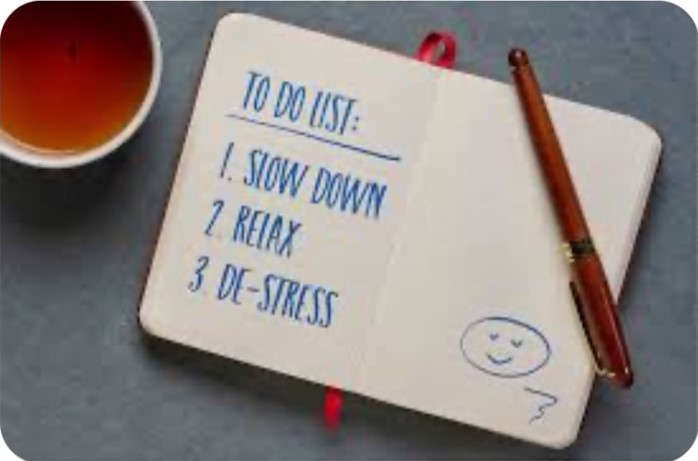|

The holidays are often seen as a time to celebrate with loved ones, enjoy festive traditions, and express gratitude for the year that has passed. When we think of the holidays we think of family dinners, gift giving, and helping those in need. However, the holidays can also be stressful, anxiety provoking, and something that many people dread.
Loud music, bright lights, and crowded spaces bombard our senses. This can be incredibly challenging for people who rely on routines to cope with stress and anxiety, as the holidays often disrupt their usual patterns. Additionally, the pressure to meet social expectations can feel overwhelming and lead to feelings of inadequacy. Family dynamics can also become strained during the holidays, adding to the potential for stress and conflict.
You're not alone if you're apprehensive about upcoming holiday gatherings. In fact, a 2023 American Psychological Association (APA) study found that nearly nine in ten (89%) U.S. adults say that concerns such as not having enough money, missing loved ones, and anticipating family conflict cause them stress at this time of year.
49% of adults described their stress levels during the holiday season as "moderate," while 41% said their stress increases during this time compared to other points in the year. 72% agreed that the holiday season can feel bittersweet.
Thankfully, there are things you can do to cope with holiday stress and protect your mental health. Here are a few tips:
1. Set boundaries with your family and friends, especially if they are the ones who tend to be a source of stress. This may mean saying no to requests you don't feel comfortable with or limiting the time you spend with them. Don't be afraid to say no. Tell them how much social interaction you can handle and what activities you enjoy participating in.

2. Practice self-care. Make sure to take some time for yourself during the holidays. This could include spending time in nature, reading a book, or getting some extra sleep. Take breaks when you need them.
3. Communicate your needs to your loved ones. Let them know how they can best support you during the holidays.
4. Plan ahead how you'll handle potentially stressful situations. This could include having a code word that you can use with a friend or family member to signal that you need a break or having a list of activities that you can do to de-stress. It also includes planning your schedule and arranging transportation.
5. Be realistic. Don't expect others to change overnight. Focus on managing your own reactions and protecting your own well-being. You can work on your mindset by concentrating on the positive aspects of the holiday season
6. Seek professional support if you are struggling to cope.
- The National Alliance on Mental Illness (NAMI): Provides information and support for people with mental illness and their families. Their website has a helpline (1-800-950-NAMI) and resources for finding local support groups.
- National Suicide and Crisis Lifeline: Call or text 988 to reach a trained counselor who can listen and provide support. This is a confidential and free service available 24/7.
- MentalHealth.gov: The U.S. government's website on mental health provides information and resources about depression, anxiety, and other mental health conditions.

The holidays can be an excellent time to connect with loved ones. But it's important to remember that putting your needs first is also necessary. Let these tips be your holiday compass to navigate the season with intention, to prioritize your needs, and to celebrate in a way that truly feels authentic.
Have a happy and healthy holiday season.
With gratitude,
Ana Isabel Sánchez
   
|